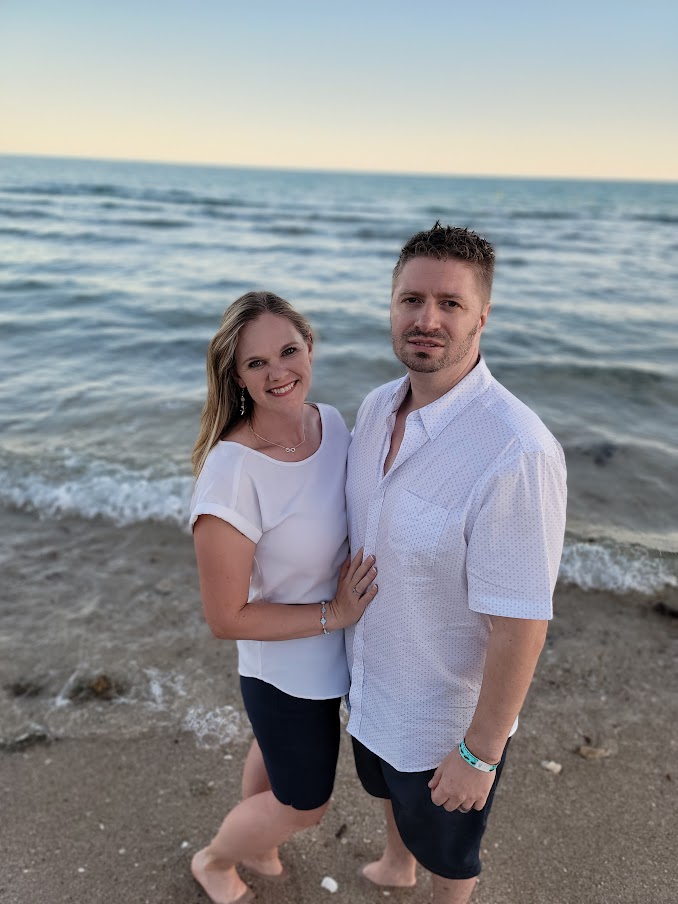To My Mormon Family and Friends
This page is especially created for my Mormon family and friends. If you are interested to understand my relationship to Mormonism today, this is a good place to start.
I've structured this in Q & A fashion. If there are questions that I've missed, please let me know!
Please, don't be afraid of me! I have taken particular care on this page to refrain from expressions that are critical of the LDS church or the beliefs that you and I once shared. Beyond this page however, the more you explore the content of this site, I cannot promise the same. I want to provide content on this site that is authentic and uncensored and reserve the latitude to speak openly and candidly.

Where are you at with the church?
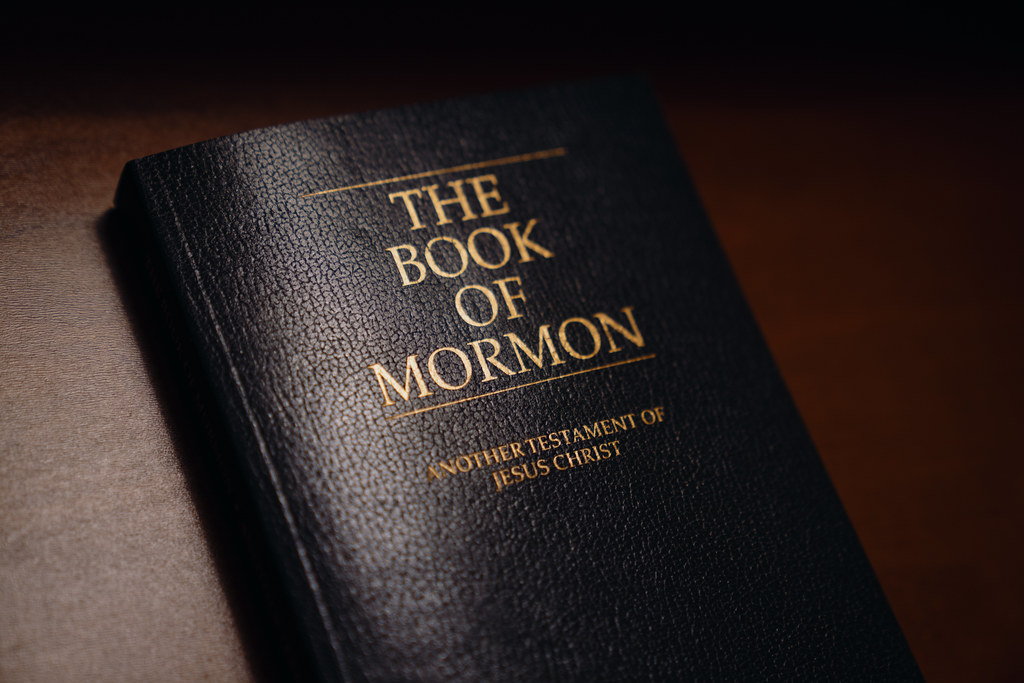
The Simple Answer: I outgrew the church or rather, I needed to grow and the church was holding me back.
Mormonism, not dissimilar from other flavors of Christianity, imparted on me a very particular conceptual model of the world. That model strongly guided and constrained what I thought about God, alcohol, sex, the origin of life and the cosmos, prayer, church leaders, dress and grooming, what I ate and drank, the words I spoke, and countless other things.
It's very difficult to think thoughts that are outside of that model when you are deeply integrated into the church. I need distance from the church in order to expand my worldview.
Do you still have a testimony?
Members of the church understand a testimony to be a “personal witness of a gospel truth” – a personal witness being a confirmation by the spirit or a feeling of peace, warmth, or happiness accompanying thoughts of a gospel topic .
I have had many such experiences throughout my life. I remember how I felt when I prayed to know if the Book of Mormon was true. I do not deny that I had that powerful experience nor any of countless other enjoyable spiritual experiences. But, I understand those experiences differently today.
I do not believe that my strong emotions establish truth. Moreover, I have seen firsthand how unhealthy and destructive that logical fallacy can be. I continue to enjoy spiritual experiences today, just as I have throughout my life. I just understand them from a different frame of reference – not as evidence of truth.
I believe many things. But, to put it candidly, I do not have a compelling reason to suspect there is a “bearded old man in the sky.” Ergo, I do not recognize Joseph Smith or any of the subsequent leaders of the church as having any authority over me nor any supernormal status. I do not have a compelling reason to suspect that the Book of Mormon is a historically accurate account of an ancient people.
Regardless, God, Jesus, heaven, hell, the Book of Mormon, the Bible, etc. still mean a great deal to me as metaphorical and conceptual artifacts and I remain a deeply spiritual person.

Do you still go to church?
I do not go to church regularly. I like to attend when it means supporting family and friends in their participation like when someone is giving a talk or giving/receiving an ordinance.
But, for my own personal wellbeing, I need more distance from the church than is possible when attending regularly.
Do you still have a temple recommend?
I do not have a current temple recommend. I let mine expire and do not intend to renew it.
I have counted the cost of letting go of my temple recommend. After long, thoughtful consideration I have decided that I would be happier moving forward without it.
Did you remove your name from church records?
I have not removed my name from the church records, mostly out of respect for you, my family and friends.
I love you and know that it's important to you that I receive the saving ordinances.
Do you still pray?
Prayer has always been a sacred part of my life. During my years of actively participating in the church I grew to understand prayer to be a means of aligning my heart with the will of God rather than a means of aligning God's heart with my will.
I still see significance in regularly aligning our hearts with the ultimate good or toward something that we choose. But, for me that process looks more like meditation.

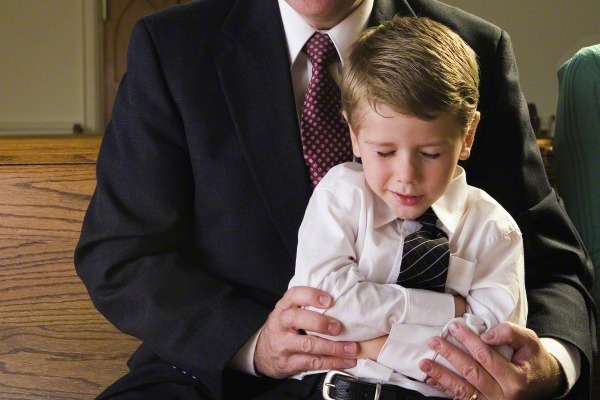
What lifestyle changes have you made?
What is really being asked relates to a discrete list of particular lifestyle choices. Let's see if I can get all of them.
- Alcohol: I am not inclined to become drunk. I do enough regrettable things when my decision-making ability is not impaired. Beyond that, I do not strictly avoid alcoholic beverages.
- Coffee: It's important to listen to your body. If my body says I need sleep then I should honor its needs. Beyond that, I do not strictly avoid coffee.
- Tea: I do not strictly avoid tea.
- Tobacco: I do strictly avoid tobacco products because its negative health effects are well established.
- Recreational Drugs, esp. Marijuana: I do strictly avoid all recreational drugs for the sake of avoiding impairment.
- Pornography: I believe what I teach my children: sexual arousal is as natural as eating and is not something to be afraid of. It is, however, something to treat responsibly. Inasmuch as eating can become an unhealthy activity in our lives, so can sexual arousal. My understanding of what makes sexual experiences unhealthy is far more nuanced and complex than what was afforded to me by the church.
- Profanity: It behooves me to think before I speak and to restrain my vulgar words as much as my vulgar actions. I may swear on occasion but hold myself to this standard: it should be a) deliberate and b) rhetorical (intentionally used for effect)
- Dress and Grooming: The color, length, and style of my hair, any tattoos, and body piercings communicate a message about who I am. I do not strictly avoid these techniques of styling my appearance. But, I am mindful of how I am presenting myself to the world around me.
Do you support the LGBTQIA+ community?
Consenting adults of any sex and orientation should be afforded the right and privilege to exercise their sexual preferences.
However, I do not encourage LGBTQIA/LGBTQQIP2SAA lifestyles because a) it is well established that such partnerships/unions are statistically less stable than heterosexual unions and b) it is also well established that the individuals participating in non-heteronormative lifestyles have higher rates of anxiety, depression, and suicidal ideation – not because of homophobia, but because of romantic loss, violence, and sexual assault.

Also, while children have the right to have parents and adults have obligations toward children, children are not property and adults do not have rights to children. That is to say I do not support the notion that a person's sexual preferences should be legitimized by the right to adopt a child: it is in the best interest of future generations that children are provided a stable family unit.
I reject the ideology of gender identity. It is simply a conflation of personality characteristics and should not be construed as anything more than that.
I reject the ideology of transgenderism. It is a costly, destructive exploitation of mental illness.
What about your wife and kids?
My wife can speak for herself so I encourage you to solicit her feedback directly.
Anyone who has ever known us would know that she and I have both been as committed to full fellowship in the church as one could be. So, making room for a worldview outside of Mormonism was difficult, disruptive, and painful. But, in a general sense, she is well and our relationship is well and we continue to participate in regular, professional counseling to help us through the parts we get stuck on.
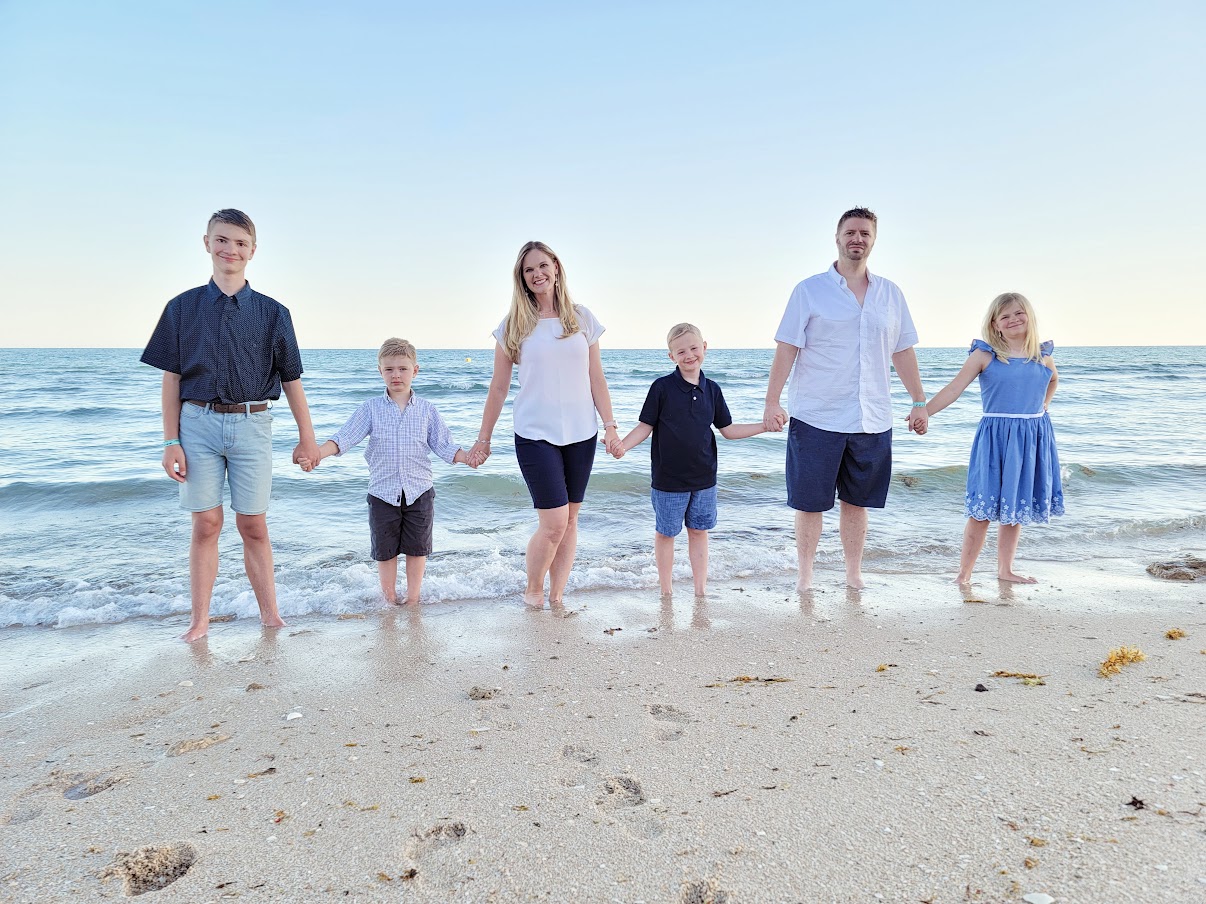
We support our kids' engagement in the LDS community. At the same time, we do not shelter them from information that is critical of the church culture, its history, its leaders, or its doctrines or information that casts doubt on its credibility. Their faith and worldview should be open-minded, rational, and based on a broad spectrum of information that is available.
We encourage them to regularly engage in activities that foster mindfulness and self-awareness.
Their faith-related decisions are heavily influenced by the guidance I give them. If they chose to not serve a mission, not marry in the church/temple, not marry at all, not raise their own children in the church, or similar things – I probably had a significant influence in their decision making paradigm. I ask that you not degrade or shame them for these decisions.
Do you want others to leave the church?
If you're asking me if I have hard feelings toward the church then the answer is “no”. Please, don't be afraid of me. The church has served me well for many years of my life and continues to do so for you and many others. I can continue to support you in your faith and be there for you.
But, do I want others to leave? Or, would I encourage others to leave? That's complex!
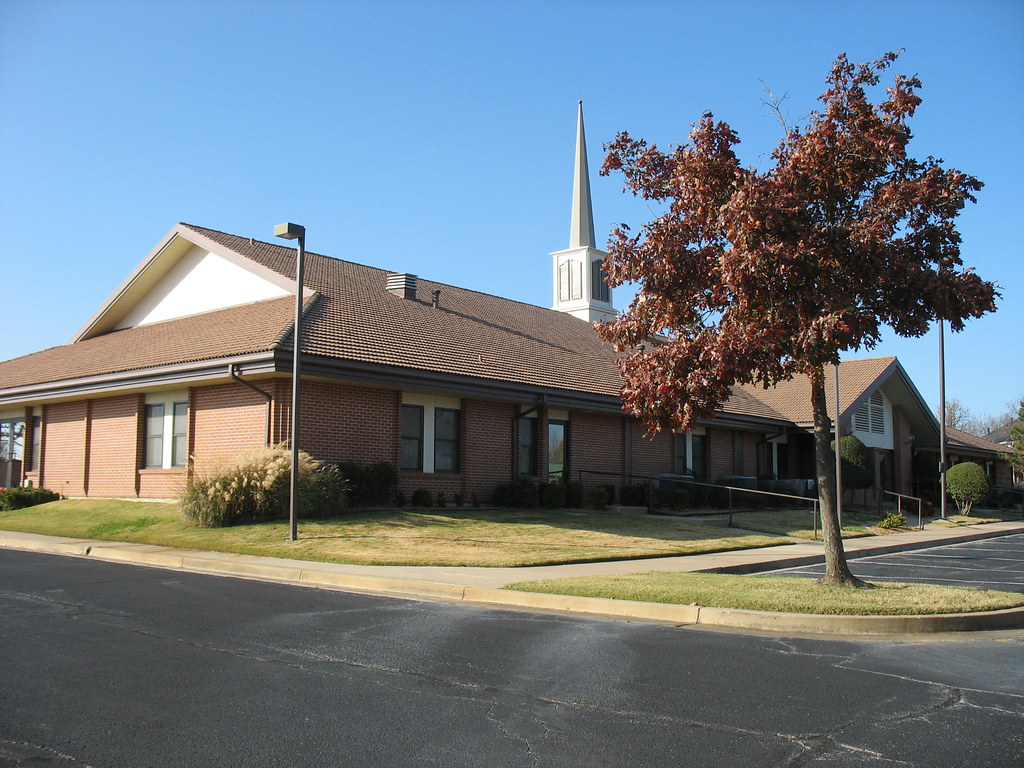
Neither the church leadership nor the church culture advertise that there are valid, honorable reasons to leave the church. In fact, it's almost taboo to suggest that there is ever a good reason to leave the church. It is far more common to disparagingly categorize dissenters as degenerates or reprobates: They have fallen. They have lost something. They are struggling. They have succumbed. We pray for God to help them and to guide us as to how we can help them. And, to make matters worse, we often lower the tone of our voices and speak of it to others in quiet whispers as if to hide the private shamefulness of one's dissent from prying or unsuspecting ears. In the church, dissent is sin. It is shameful and it strips dignity away from the dissenting.
The truth is, however, that there are warranted, defensible, and worthwhile reasons for some to separate themselves from the church whereby they ought to be respected by any sensible consideration. While it does not exist today, much to my discontent, I firmly believe there should be a space in the church for “ dignified dissent “.
A good bishop (not mine) once told me, “I wish those struggling with whether to leave the church or not would just leave and that the members would allow them to do so gracefully. If the church is true, then they will find their way back. Isn't that how we should show our faith in the Lord and his church?”
I want others to live their best life. For some, that is in the church. For others, it is not. It is not my purview to decide who is and is not ready to leave the church. So, I do not actively go about encouraging people to leave the church.e
Do you know what you're walking away from?
This is one of the more common questions I've been asked. It goes,
“What if you're wrong? What if the church is true? What if there is a judgment day? What if there is a celestial kingdom and you don't get to go there with all your family? Do you understand what all you're walking away from?
“Also, you will not be able to baptize, confirm, or ordain your children or attend their endowment or wedding/sealing. You may lose the influence of the Holy Ghost on your current path or not be worthy of the priesthood. There are so many lost opportunities and what great sadness it will bring to your family!
“Also, if you throw all that away, what is the purpose in living? I cannot imagine not believing in life after death. How dismal life would be without the light of the gospel!”
From within the church we can't imagine living without the light of the restored gospel. The gospel provides purpose and it can be comprehensively fulfilling to progress along the covenant path toward “eternal life with our family gathered about us in the presence of Heavenly Father and Jesus Christ”. It seems that life outside the church would be dark, empty, lonely, sad, meaningless, and unfulfilling. As a member looking outward (outside the church), this is how I envisioned living without the fullness of the gospel truth.
I did experience an uncomfortable period of emptiness, loneliness, and meaninglessness as I created some mental and emotional space for myself. But, it was a transient experience. I am happy that I have come to where I am and do not regret creating the distance.
I'll also address some specific topics:
Ordinances
: I accept that I will not be allowed to participate in ordinances including temple sealings, endowments, baptisms, priesthood ordinations, etc. But, that does not mean that I cannot support my family in the
exercise of their faith. I will support my children, nieces, nephews, and grandchildren in other important ways, the least of which is praising and appreciating their righteous efforts.
Purpose
: Eternalism conveniently provides a purpose to live that is clear and simple. Outside of the church, life-purpose does become more “fuzzy”. For me, at least, a degree of soul-searching was in order to
reimagine my life purpose.
I found that living with or without purpose is a choice. Trying to live without purpose, nihilistically, is an unstable path and leads to anguish and depression. I choose to live my life on purpose and with
purpose. I ascribe to
“
enjoyable usefulness
“
: I do what is enjoyable and I do what is useful; Ideally, I do what is simultaneously useful and enjoyable. In that, we are not so different. After all, “Men are, that they might have joy” (Nephi 2:25)
Eternal Salvation and Eternal Life
: While members may carry a persistent awareness of their standing on the eternal ledger, I do not. I do not worry from day to day or from one moment to another about my eternal fate. I am content to enjoy
the present moment. I know that you care about my spiritual wellbeing and where I go after I die. I encourage you to trust in the Lord. Surely, in his greater love, compassion, and generosity he will find a
way to judge and sort us all out in eternity.
Holy Ghost
: We are taught that we must be
worthy of The Spirit
lest we drive it away or numb ourselves to feeling the influence of the Holy Ghost. It pains you to think that I would lose the influence of the Holy Ghost. As improbable as it may seem to you, I still feel
the “constant companionship” of what I have always known to be the Holy Ghost. I guess I haven't offended him enough for him to leave me yet!
Peace and Restoration of the Soul
: For the myriad hardships a believer experiences in life, Jesus is there as the Balm of Gilead to heal and restore. You can't imagine a life without that redeeming grace. But, I have learned to find healing
in my soul without the church. I prioritize my mental and emotional wellbeing. I find healing through reading, writing, genuine conversation, meditation, recreation, diet, physical hygiene, sleep hygiene, and
other self-care.
Morality
: How can one be a good person or raise children to be good people without the morals God has provided? Well, honestly isn't it frightening to think that your religion is the only thing standing between you
and a thousand terrible, grotesque deeds? I don't think that's at all realistic. There is more to morality than avoiding Satan's fiery hell.
Family
: It is devastating to think of loved ones not being in heaven with us. This is the “
sad heaven doctrine
“. President Eyring shared the following on that topic, “You are worrying about the wrong problem. You just live worthy of the celestial kingdom, and the family arrangements will be more wonderful than you
can imagine.” (
Eyring, 2016
) As for the pain and sadness that my choices bring my family in
this life
, I encourage you to accept that I'm not “coming back” and then move forward. I have been deeply saddened in my life by the inactivity of others. If they ever did come back it was not on account of any of my
wallowing.
What are you doing with your life now?
We have this image that if a man is not in church then he must be out on the lake on a boat named “Sabbath-Breaker”, throwing back beers, surrounded by drugs and naked women and wasting all his money on riotous living. But, that's not accurate: my boat would be named “Fortuna”!
In all seriousness, I'm still the kind of person that if you met me for the first time you would say, “that guy would make a great Mormon”.
I serve and help others. I donate money to causes I believe in. I teach my children principles and try as best I can to give them a good shot at life. I regularly take time for study and self-reflection.

There are some who, upon leaving the church, have experiences or make choices that effectively flush their lives down the toilet: they may develop substance abuse problems or undermine their ability to find gainful employment or find their way into a non-amicable divorce or enter into a toxic/devastating relationship or regularly engage in behaviors that impair their decision making ability or otherwise act recklessly or irresponsibly with their own lives and those of their dependents.
That is simply not who I am. Of the countless things I can do with my life, “wasting it” is not one of them.
Can we still talk about religion around you?
Please, don't be afraid of me! I have no desire to deconvert you or damage your faith. Yes, we can talk about church topics and it does not offend me. I can share my opinion about church topics without attacking, criticizing, or insulting your beliefs.

I encourage you to not try to “save” me. Share with me your spiritual experiences and share with me your gospel thoughts because they interest you, but not because you think it might nudge me back into full fellowship.
Have you gained anything by leaving the church?
Separation from the church was far more about intellectual and emotional freedom than it was about lifestyle freedom.
Like other members, I felt anxious about information that threatened or contradicted my Mormon beliefs or that cast doubt on the credibility of the church. Today, I am more open-minded to new information that might lead to new perspectives. A lot of the shame I once felt is replaced with self-compassion, awareness, and responsibility which has afforded me a more enduring peace than anything I had experienced from the Holy Ghost.
Also, I pick my friends instead of having them assigned to me. I have more money and time to give directly to those in need instead of consigning that privilege and opportunity to the church. Date night does not take place at the temple but somewhere more enjoyable. Sundays are more fulfilling. Meditation is more fulfilling than prayer. Life, in general, is more fulfilling because I view each day as an opportunity to have happiness now – rather than to earn happiness in the next life (which may or may not arrive). I spend less time wondering if I'm on God's path and more time defining my path.
In conclusion...
I outgrew the church. Active engagement with the church erects cognitive constraints around a variety of life's dimensions. While I believe those constraints can be super useful for many, there are situations
(such as mine) where separation from the church is more helpful – and I believe in dignified dissent.
My children's choices are influenced by the guidance I give them. That may result in them not living quite the same as other Mormons. That does not make me any less proud of them.
I remain a deeply spiritual person.
My Mormon experience will forever be a cherished, sacred part of my life experience. I love Mormons. I love their faith. I love their relentless, genuine strive to be like Jesus Christ. I support and encourage them to continue in and strengthen their faith in the restored gospel.
